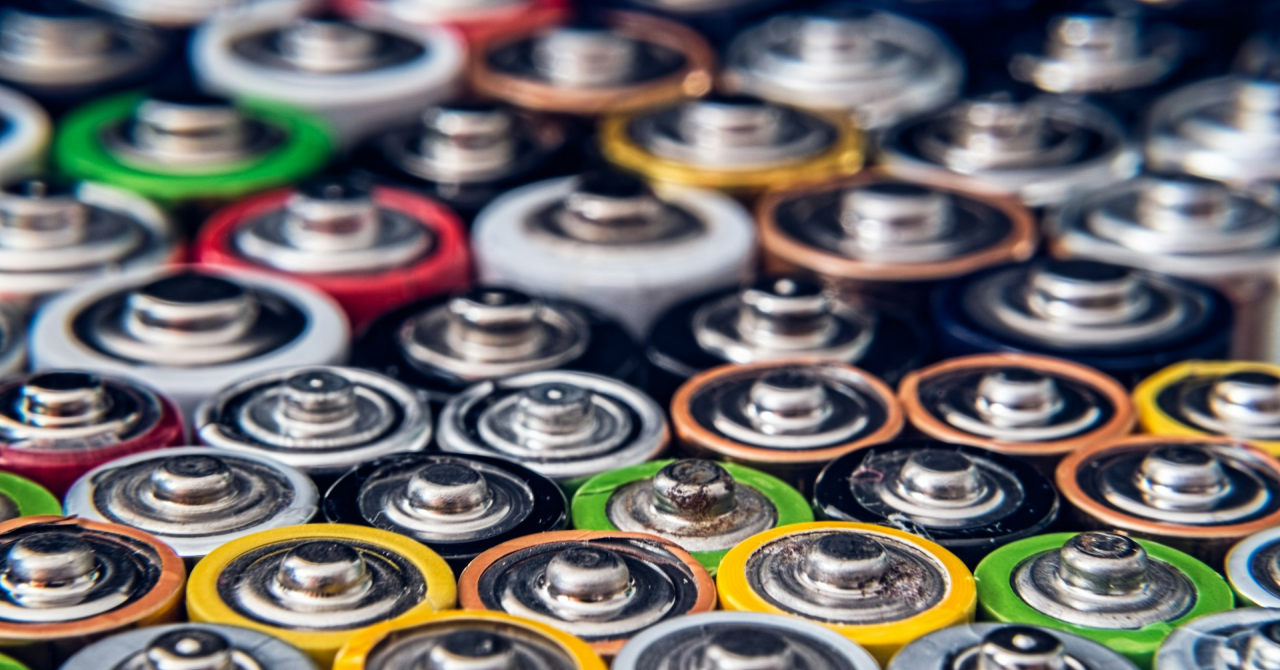ESG Today writes that Tiamat, a spin-off created in 2017 from France’s Centre National de la Recherche Scientifique (CNRS), develops sodium-ion batteries as a solution for energy storage applications.
The sodium-ion battery technology is said to still offer some of the benefits of lithium-ion counterparts, such as fast charging, high durability and energy density, as well as safe operations. Low-cost per kilowatt hour is another said benefit of this technology.
Free from lithium and cobalt, the batteries are also supposed to act as a more sustainable alternative to the traditional lithium-ion cells.
Automotive company Stellantis and materials science company Arkema are some of the most notable participants who funded the 22 million euros round.
Ned Curic, Stellantis Chief Engineering and Technology Officer, said that "our customers are asking for emissions-free vehicles that offer a combination of robust driving range, performance and affordability. This is our North Star, as Stellantis and its partners work today to develop ground-breaking technologies for the future."
Some of the received funding will be used in order to develop a 5GWh sodium-ion battery facility in France, with the cells initially being fitted into power tools and energy storage solutions. The second-generation of the product, which should be more refined, could be installed into upcoming battery electric vehicles.
 Mihai - Cristian Ioniță
Mihai - Cristian Ioniță












Any thoughts?